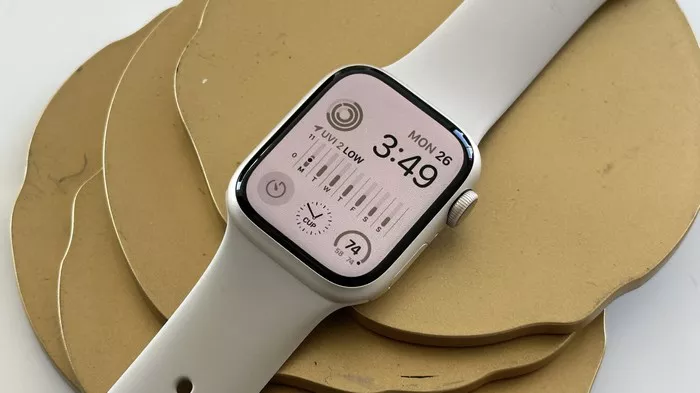Samsung Electronics, Apple’s closest competitor in the smartwatch arena, has unveiled its latest innovation: the Exynos W1000 chipset. This advanced technology promises to enhance the upcoming Galaxy Watch models, potentially offering battery life that lasts twice as long as the Apple Watch Series 9.
What Happened:
The Exynos W1000 chipset, featuring a suite of significant improvements, is expected to power the forthcoming Galaxy Watch 7 and Galaxy Watch Ultra.
Manufactured using Samsung Foundry’s second-generation 3nm process, the Exynos W1000 boasts a powerful five-core processor. This new processor delivers 2.7 times faster app launch times and 3.4 times faster single-core performance compared to its predecessor, the Exynos W930.
The chipset is also equipped with ARM’s Mali-G68 MP2 GPU, supporting display resolutions up to 640 x 640 pixels and includes 32GB of integrated internal storage.
To further boost performance and efficiency, Samsung has incorporated new technologies such as fan-out panel-level packaging (FOPLP) and embedded package-on-package.
The Exynos W1000 also features a 2.5D Always on Display (AoD) for sophisticated watch faces, Bluetooth LE for audio, and LPDDR5 RAM for better power savings. Connectivity options include 4G LTE, Bluetooth, Wi-Fi b/g/n, GPS, and NFC.
Why It Matters:
This development arrives shortly after Apple’s release of the Apple Watch Series 9 and the Apple Watch Ultra 2 in 2023, which focused on speed and performance enhancements.
The Exynos W1000 is anticipated to be a game-changer, potentially extending the battery life of Samsung’s upcoming smartwatches to 2-3 days on a single charge. This is a significant leap compared to the Apple Watch Series 9’s estimated 18-hour battery life on a single charge.
Samsung’s strategic introduction of the Exynos W1000 chip positions it as a formidable contender against Apple’s expected 10th-anniversary edition, the Apple Watch X or Series 10, which is rumored to feature a larger display and a thinner case.

